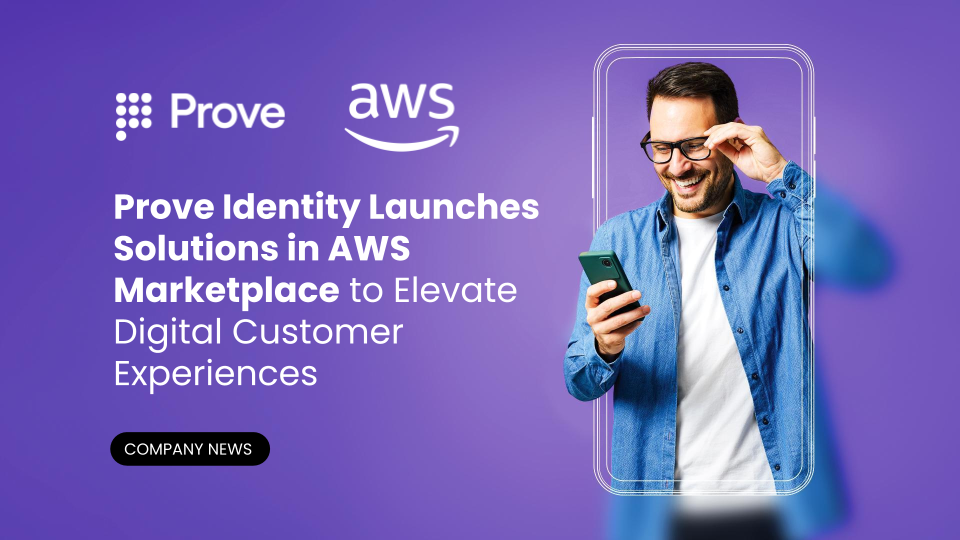A shift in time
The mobile phone is increasingly becoming central to how we live our lives—from checking the weather to booking a personal training session at the gym. A recent study states that the average time each of us spends on our mobile phones is a staggering 4 hours 5 minutes per day.
It may come as a surprise that using a mobile phone for its seemingly primary purpose, i.e., to make calls, is the least common use according to a recent poll of 2,000 smartphone users by Mobiles.co.uk. In the survey, over a quarter of respondents (27%) said they hardly use their phone to make calls for a week or more. However, 7 in 10 participants (70%) check their emails every day with their smartphones, 58% of them read the news with their phones, and over half (56%) shop online with their mobile phones.
A replacement for your leather wallet
Nowhere is this cultural shift of utilizing our iPhones and Galaxys happening faster than using them to replace the traditional physical wallet. We’ve long been used to checking our bank balances on our phones. Now, we are increasingly using them to pay for goods, too. So, it’s no longer just the Queen of England that isn’t carrying cash. Research has shown that the public is on the cusp of joining her in a cashless society, with one recent report suggesting that a third (34%) of Europeans would go cashless if they could do so now.
The trend towards a cashless society arguably started back in the heady days of the late 1990s, when electronic banking first became popular. Decades later, digital payment methods have become more widespread, with reputable payment systems such as PayPal, contactless and NFC payments accelerating the trend to move away from notes and coins to 1s and 0s.
Out of all of these new technologies, contactless payments have arguably gathered more pace than other payment systems, with about 3 billion contactless transactions being made using Visa cards across the globe in the last 12 months alone. This figure is nearly triple the number of transactions made in the same period, in the previous year.
A move away from cash
People have been using various forms of physical money for thousands of years, with paper money dating back to the seventh century in China. However, banknotes did not become widely used in the UK until almost a thousand years later.
Today in the UK, we have come to an era where cash has become actively discouraged in many kinds of transactions that used to be the traditional means of payments (from our morning velvety flat white coffee to paying for our bus fare home). The bastion of the printed note, the Bank of England, even admits that “over the next few years, consumers are likely to use cash for a smaller proportion of the payments they make.”
Jumping hurdles
The complete replacement of the physical wallet with mobile phones has experienced a couple of hurdles in the past. But, again, it comes back to convenience. The fact is that it is often too cumbersome entering payment details on a 4.7-inch-screen phone without a keyboard. We have all felt the frustrations of having to input our credit card number, expiry date, CCV2, and billing address, not to mention the 3D secure password we usually enter before completing a transaction. This hassle has historically led to a high percentage of shopping cart abandonment and lost revenues.
But the good news is that today there is an easier way that taps into the convenience demanded by consumers without data breaches or security breaches. By allowing consumers to choose a mobile payment option, all they need to do is simply enter their mobile number and a secure PIN which was sent to them via SMS. With this innovation, they can circumvent the need for entering tedious credit card details, billing information, and extra card security passwords. Moreover, as this technology is directly linked to their mobile phone carrier, costs are charged to their mobile phone bill, not their bank account.
Busy lives
Our increasingly busy lives are leading to a culture of convenience, particularly the ease at which we shop. Today, online shopping offers modern consumers the convenience and speed to shop anytime and anywhere. This new type of shopping has been made so easy with our phones. Mobile devices now make users’ locations irrelevant in their buying decisions, thus helping them to purchase any item they want to buy online without breaking a sweat. As a result, we’ve become a nation of savvy online shoppers, and today retailers must work ever harder to retain customer loyalty in a highly competitive environment.
The ease of mobile payments could be the key. It is already answering consumer’s hunger for convenience to such an extent that it is predicted that by 2025, two-thirds (65%) of all financial transactions will be carried out on our mobile phones. Moreover, with the right technology, mobile network operators and retailers can work together to ensure that customers can order items quickly on the go. This will not only boost sales and revenues but will also save time and reduce business costs.
Get in touch

Keep reading

Prove’s solutions can help businesses make their online customer experiences faster, easier and more secure.

While the rise of deepfake technology is not totally new, its level of sophistication presents new challenges for businesses seeking to deliver frictionless digital onboarding experiences to their customers.

Prove and BetMGM, the sports betting and iGaming leader, have entered into a partnership which will elevate the security standards and user experience for BetMGM customers through the Prove Pre-Fill® identity solution.














